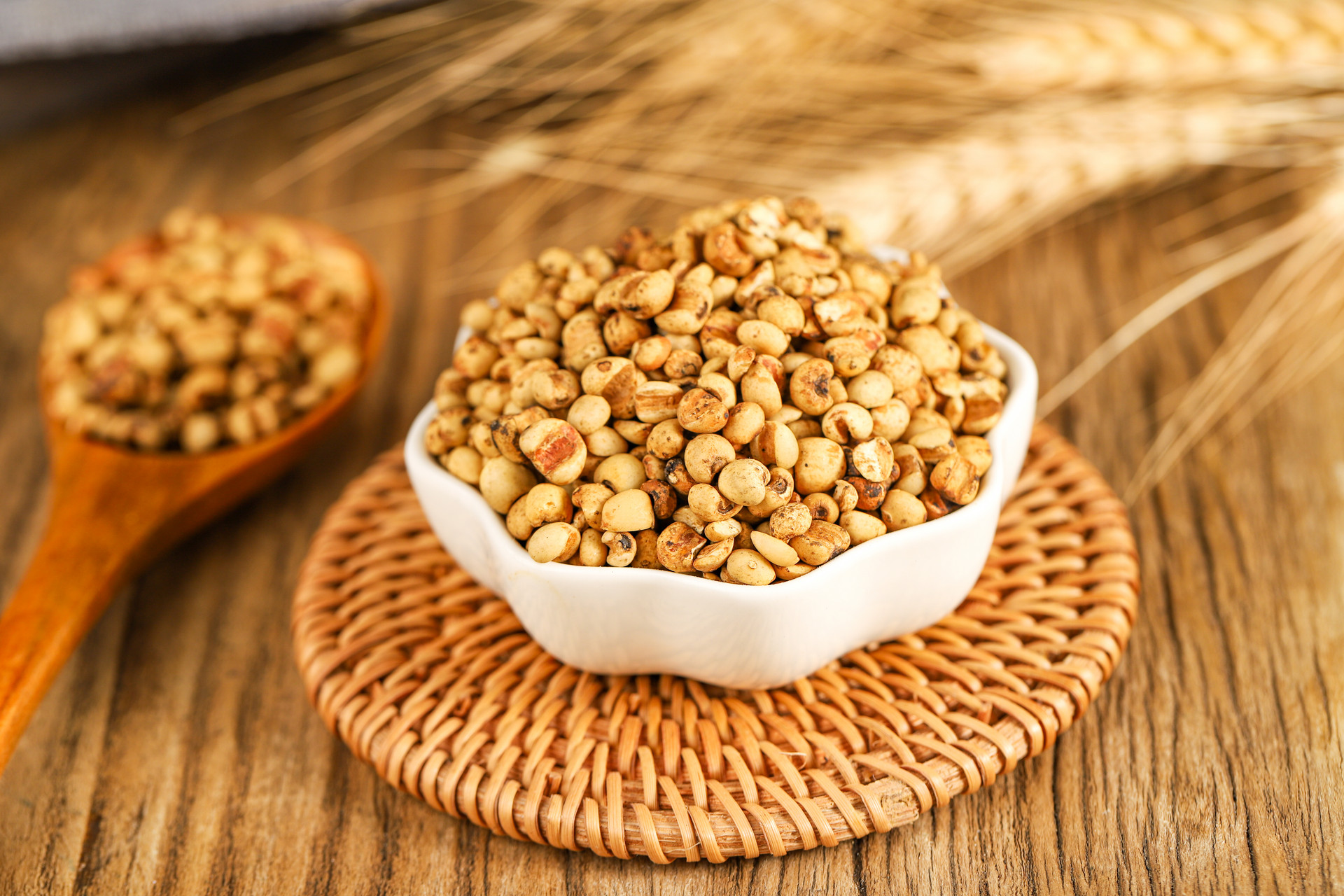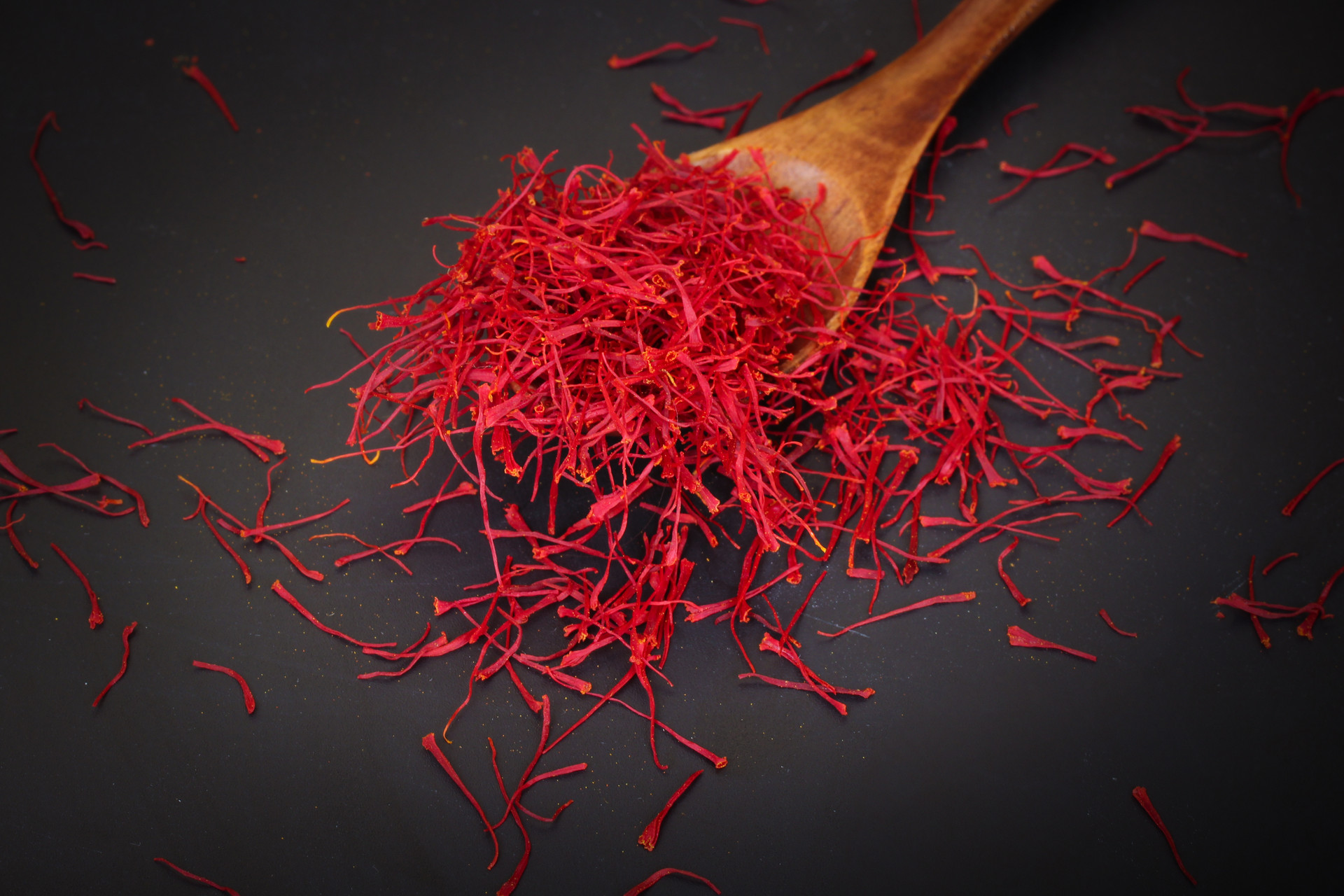- Home /
- TCM Health /
- Contents
The efficacy and effects of angelica
Everyone Is Watching
-
 Angelica Ginger Lamb Soup: A Medicinal Delight for Your Taste Buds
Angelica Ginger Lamb Soup: A Medicinal Delight for Your Taste BudsToday, we are going to teach you how to make Angelica Ginger Lamb Soup, which is a common medicinal soup loved by many because of its simple ingredients and easy preparation. So, what are the steps to
April 9, 2024 -
 Understanding the Benefits and Uses of Angelica: A Comprehensive Guide
Understanding the Benefits and Uses of Angelica: A Comprehensive GuideAngelica is a well-known traditional Chinese herb. So what are the benefits of Angelica? What are its uses? Some people are suitable for taking Angelica, but some people are not. So who is suitable
March 31, 2024 -
 Beauty Tonics: Nourishing Porridge and Eight Treasure Elixir for Radiant Skin
Beauty Tonics: Nourishing Porridge and Eight Treasure Elixir for Radiant SkinRed and Yellow Porridge with Astragalus and AngelicaIngredients: 20g of angelica, 15g of lovage, 10g of safflower, 30g of astragalus, 100g of glutinous rice, 750g of chicken broth. Put the first four
March 30, 2024 -
 The Health Benefits of Angelica: Who Should Consume It and Its Effects
The Health Benefits of Angelica: Who Should Consume It and Its EffectsAngelica belongs to a type of traditional Chinese medicinal herb. It is well known for its high nutritional value and is often used as a tonic. It is highly favored by many women. It can be consumed
March 24, 2024 -
 The Healing Power of Pigeon Stew: A Qi-Boosting Recipe for Chronic Illness and Skin Regeneration
The Healing Power of Pigeon Stew: A Qi-Boosting Recipe for Chronic Illness and Skin Regeneration【Ingredients】 1 pigeon, 30g astragalus, 15g angelica, 30ml cooking wine, 10g ginger, 10g spring onion, 3g salt. 【Instructions】 After drowning the pigeon in water to kill it and removing the fe
March 6, 2024

Hot Picks
-
 1Chestnuts and Breastfeeding: What You Need to Know
1Chestnuts and Breastfeeding: What You Need to KnowChestnuts contain amino acids, vitamins, and other nutrients, making them highly nutritious. They also have cough suppressant and diuretic properties. Can breastfeeding mothers eat chestnuts? What s
November 23, 2023 -
 2How Many Baiguo Can Cause Poisoning and How to Safely Consume it
2How Many Baiguo Can Cause Poisoning and How to Safely Consume itBaiguo, also known as ginkgo fruit, contains various nutrients and can be both consumed as food and used in medicine. It has the effects of nourishing the lungs and relieving cough. However, poisoni
November 23, 2023 -
 3Massage Therapy: An Effective Treatment for Lumbar Sprains
3Massage Therapy: An Effective Treatment for Lumbar SprainsLumbar sprains often occur in the lumbar sacral region, sacroiliac joint, and bilateral sacral spinous muscles. When the lower back is exerted too forcefully or twisted excessively, or when there is
November 22, 2023 -
 4Using Massage Therapy to Alleviate Fever Caused by Startling in Babies
4Using Massage Therapy to Alleviate Fever Caused by Startling in BabiesPediatric fever is a common condition, which can be a standalone disease or caused by various illnesses. Some babies may even experience fever as a result of being startled. Many parents prefer to use
November 20, 2023 -
 5Massage Techniques for Mumps: Relieving Swelling and Pain
5Massage Techniques for Mumps: Relieving Swelling and PainMumps is an acute infectious disease caused by external pathogenic wind-heat toxins, which block the Shaoyang meridian and accumulate in the cheeks. Its clinical features include fever and diffuse s
November 20, 2023

